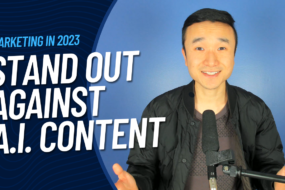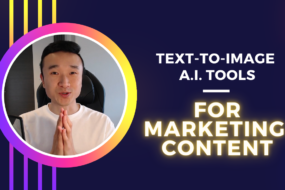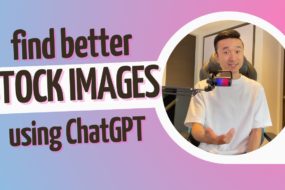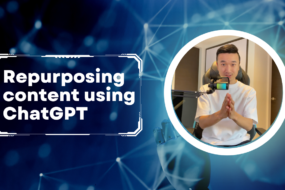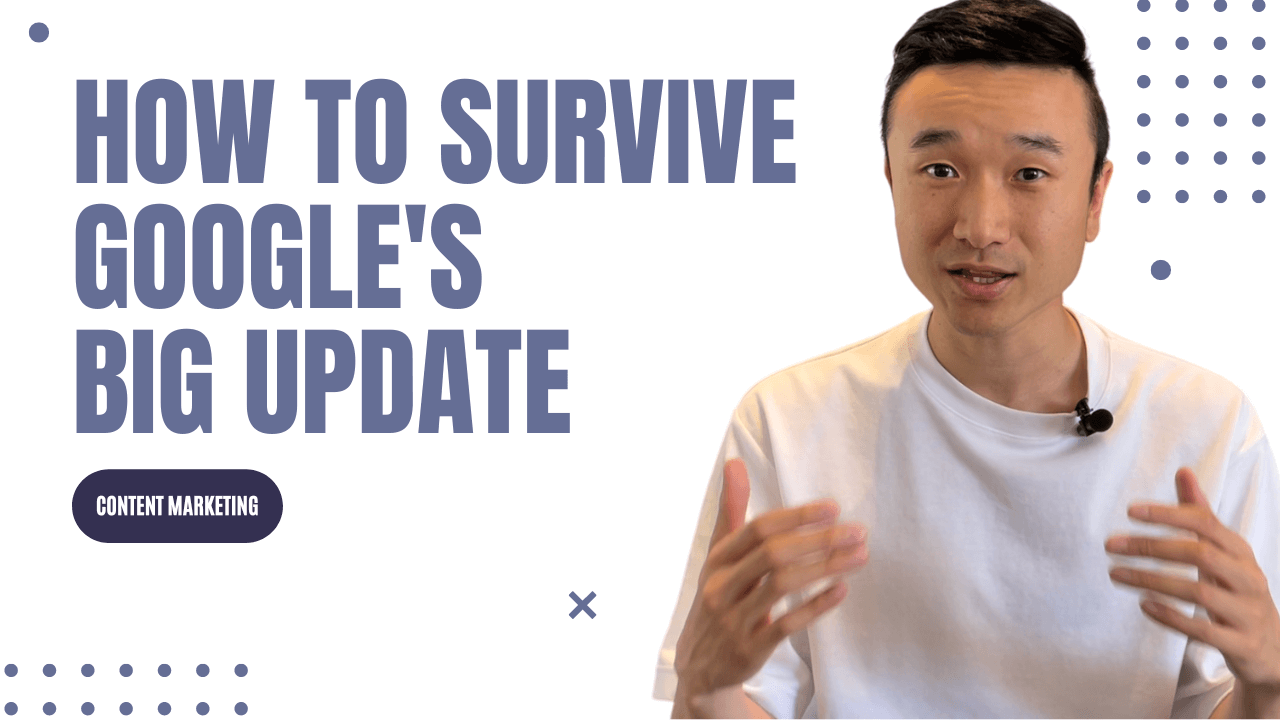
As you may have heard, big changes are coming to Google Search. But Google has already published a few tips and tricks to help you succeed in the content that you produce in the future, Google calls this the Helpful Content update, and their recommendation for being successful in this new update is to focus on people first content. And of course, the obvious question is, what is people first content?
Google has shared with us five questions that we can ask ourselves the next time we’re creating content.
Question #1 , do you have an existing or intended audience for your website, that would find your content useful if they came directly to you.
And this first question is very aligned with the whole theme of their update. Google wants to discourage people from writing content for search engines and what they mean by this question is, you should write content for your audience, they should be able to come to you and find the content useful with or without Google. And over the past few years, so many pieces of content were written specifically for search engines that when people land there, it’s not even written for human beings. I’m sure you’ve read a keyword stuffed article that just doesn’t sound like it was written for you.
Second question that Google wants you to ask yourself is does your content demonstrate first-hand experience and a depth of knowledge?
This is another thing that Google is really trying to achieve is expertise in your content. Over the years in order to rank highly on lots of keywords, companies have turned to lots of very shallow content. You litter the web with machine-generated keywords, and the impact is that people are finding Google search results less helpful. So they’re going to be de-prioritizing shallow content in favor of in-depth knowledge.
Third question is, does your site have a primary focus or purpose?
And as you can see the trend here focus and expertise kind of go hand-in-hand, Google really want to disincentivize you from going out there and capturing as many keywords as possible. So moving forward you really want to find your site by a very specific focus and publish content with expertise and depth of knowledge in that area of focus.
Question number four is to ask yourself, after reading your content will they feel like they’ve learned enough about the topic to help them achieve their goals?
And really, this is why Google called this the Helpful Content update. They really want you to produce content that is helpful, that people can actually feel like they learned something and be able to accomplish something with what you teach them. So, if you’ve got on your content calendar to produce tips and tricks and strategies, guides and how-to’s, those types of content might do well for you.
Fifth and final question Google wants us to ask ourselves, will someone reading your content feel like they’ve had a satisfying experience.
And interestingly, I think this actually touches on user experience design. This question can be interpreted more broadly beyond the content itself, if your content is poorly formatted or there are ads everywhere with crazy colors, that’s not going to be a satisfying experience. So Google wants us to keep in mind that helpful content is not just the content itself but also how you present it.
And long story short, I think what really Google’s trying to say here is to avoid producing content for search engines. Produce content for people, and let the search engines, find your content so they can serve it to people. If you’ve already been doing that then you probably have nothing to worry about. But if your strategy has been focused on producing content for search engines first, there’s probably some changes that you’re going to need to make in order to stay successful with Google’s new update. If Google publishes any new information, I’ll be the first to let you know but until then I’ll see you in the next video.



